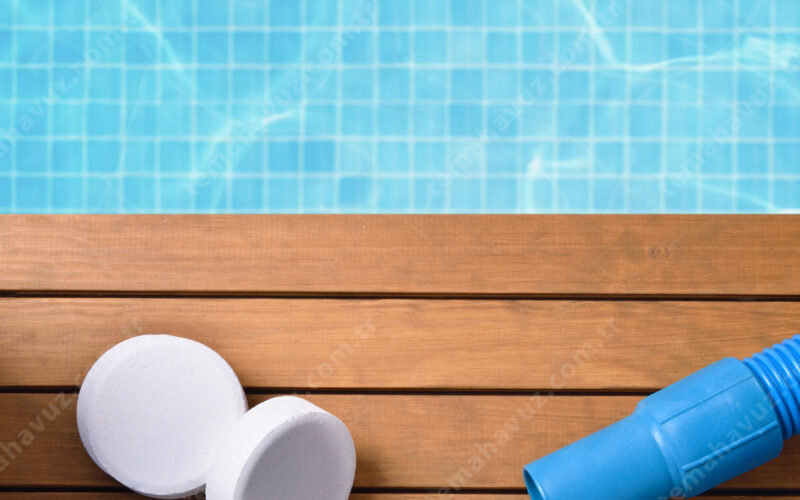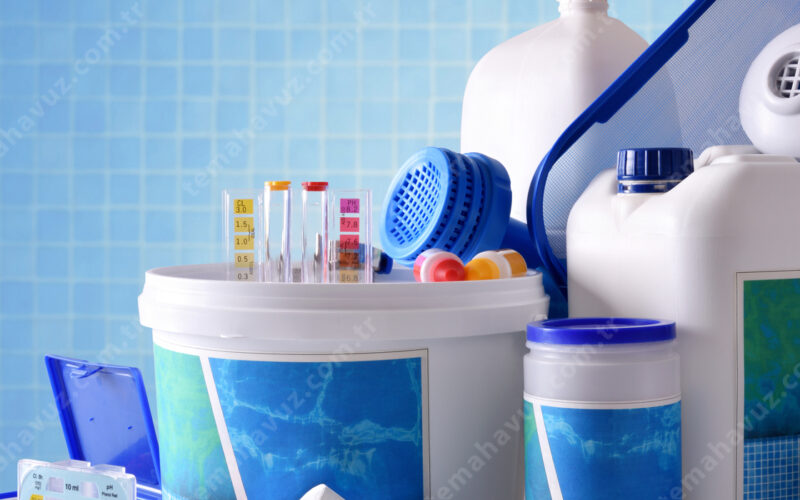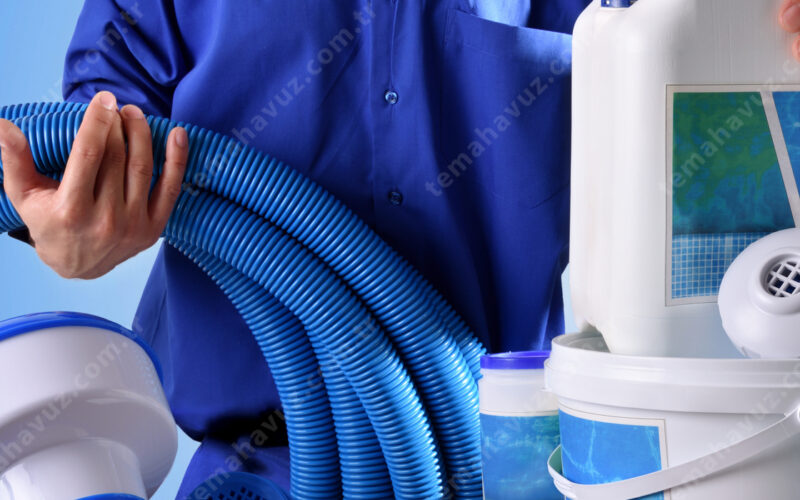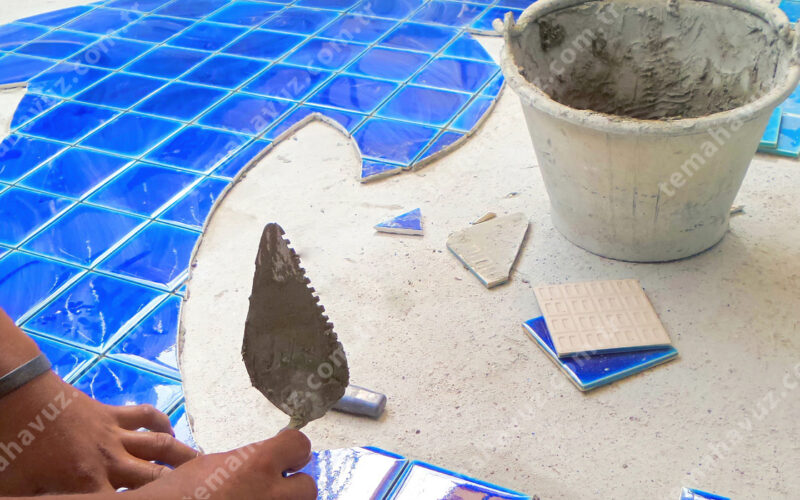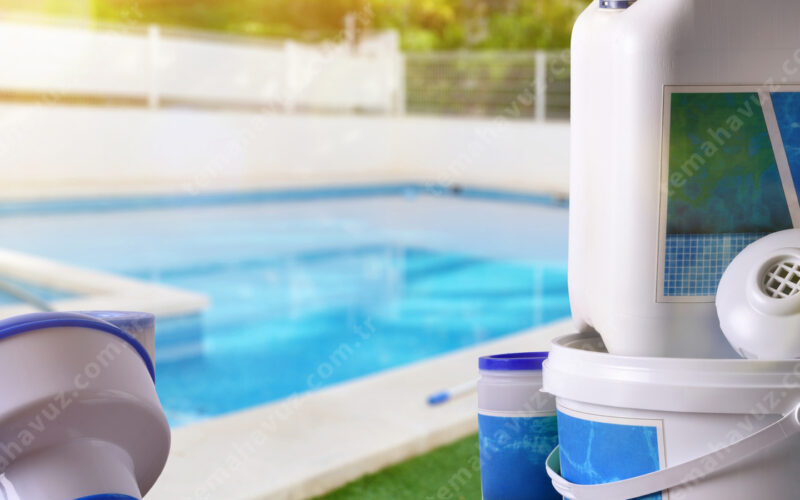Pool Chemicals Equipments
People prefer to swim in clear and clean pools. For this reason, chlorine in the pools has often been the subject of complaints for people. Chlorine and compounds containing this substance can cause effects such as pungent odor in pools, dry skin, and red eyes. But thanks to chlorine, we have the chance to swim in a germ-free water that will not cause digestive distress. In addition to chlorine disinfectant, alkaline pool operators chemicals are added to the pools to control the hardness of the water and for the pH value.
Pool Chemicals
Chlorine that we disinfect the pools is sometimes available as elemental chlorine. Carbon and hypochlorite, which contain oxygen and hydrogen, are added as part of more complex molecules. When such compounds are added to the pool water, they form hypochlorous acid, which is a disinfectant generally known as “free chlorine”. Pool owners often use trichlor or chlorine, also known as trichloro-S-triazinetrion.
The reason for using this chlorine is that it is very easy to use, dissolves slowly in water and has a high chlorine content.Adding stabilizers such as syanuric acid will help to protect against degradation of hypochlorous acid from sunlight. Concentration is also important when doing this job. However, this concentration must be too low for swimmers to be comfortable.
Chlorine-containing compounds are not the only stepping stone to high-end disinfectants. Bromine-containing compounds also produce hypobromous acid and are also used to kill pathogens. However, bromine containing compounds are mostly used in whirlpools. The reason for this is that bromine is more stable than chlorine at high temperatures in whirlpools. In the newly produced pool chemicals, it takes steps to kill bacteria that can cause intestinal infections and are resistant to chlorine.
The Details of Pool Chemicals
Ultraviolet radiation in the filtration system has become familiar. Although ultraviolet is sufficient to inactivate Cryptosporidiumi, it does not do a good stand cleaning. Ultraviolet does not hold waste material in pool water. It is inactivated and oxidized only in the ultraviolet chamber. Ultraviolet means that bacteria entering the pool water by swimmers are not effectively killed. But ultraviolet water treatment has another benefit:
It prevents strong chlorine smell in indoor pools. Odor, chlorine reacts with compounds found in urine and sweat to form trichloramine and degrade these compounds with ultraviolet light. Apart from causing pool odor, trichloramine and other disinfection by-products that occur in swimmers can cause asthma.
Pool disinfectants work better when the pH of the water is between 7.2 and 7.8. Therefore, when another class of compounds are added, pool operators must direct the balance between hypochlorous acid and hypochlorite ions to acid, which is a good disinfectant so that they can maintain the ph range. Pool chemicals equipment used for the pool include sodium bisulfate, muriatic acid, carbon dioxide, sodium carbonate,sodium bicarbonate and sulfuric acid. Sodium bicarbonate has a greater effect on the total alkalinity of water than pH. Based on all this information, we can understand that pool chemicals are very important.

